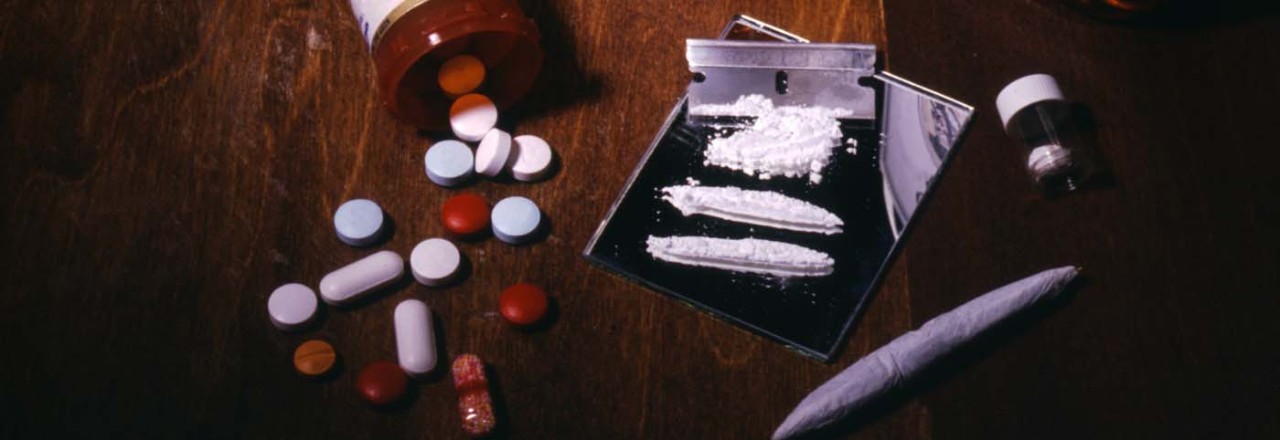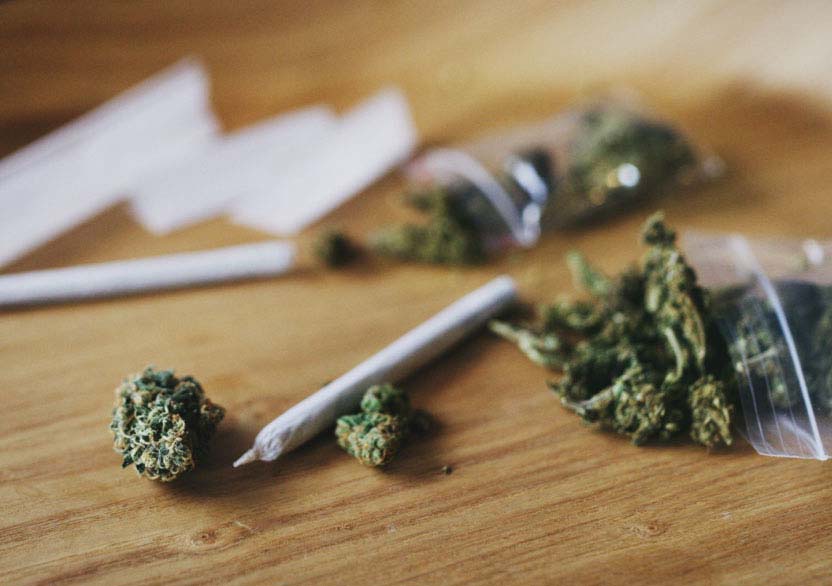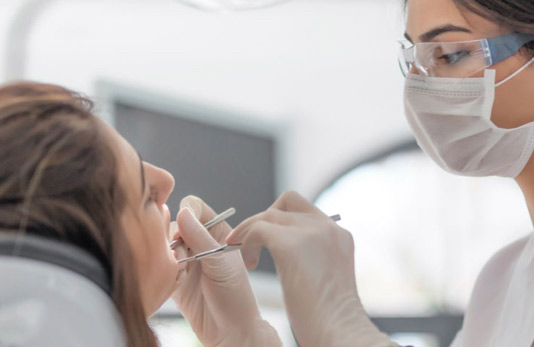How street drugs affect your teeth

You already know that drug abuse is bad for your health. From heart problems to cancer, street drugs can cause serious health risks, if not death. But did you know that drugs can harm your teeth as well? Here’s a look at the dangers six substances pose to your oral health.
Methamphetamine
Also known as meth or crystal meth, this drug is one of the most destructive substances for your mouth. The effects of methamphetamine are so extreme that users are often identified by “meth mouth,” in which the teeth along the cheeks are severely decayed. They may be worn down to the gums or black with decay.
Both the components of the drug and the behaviors it induces contribute to rapid tooth damage. Made of highly acidic ingredients, meth softens tooth enamel and can wear it down, often within weeks. The drug also increases anxiety levels, which can cause users to grind their teeth, speeding up erosion. Another effect of the drug is severe dry mouth, which promotes bacteria growth and worsens decay. Finally, meth users are less likely to brush and floss when using the drug and often experience cravings for sugar.
Ecstasy (MDMA)
Known by the names “Molly” and “E,” this drug doesn’t just cause hallucinations. It also results in dry mouth in as many as 99% of users, which can last for up to two days after use. The higher the dose of the drug, the more severe the dry mouth. Dry mouth not only increases a person’s chance of developing cavities, it’s also linked to gum disease.
Another serious side effect of the drug is bruxism, the technical term for tooth grinding and clenching. This behavior wears down the teeth and can worsen jaw pain.
Marijuana
Linked to dry mouth, this psychoactive herb can increase your risk of cavities and gum disease. Like cigarettes, smoking marijuana can contribute to oral cancer and gum disease, as it cuts off blood flow in the mouth. In fact, users are more likely to have cavities and other oral health problems than those who don’t smoke marijuana, according to the American Dental Association.

Cocaine
Cocaine mixes with saliva to form an acidic substance that can wear down teeth, dissolving enamel and destroying tooth restorations. Frequent use of cocaine damages the palate, making it hard to speak, eat and drink.
Users may rub the drug on their gums, causing mouth ulcers and damage to the jawbone. Other oral health problems include tooth grinding, which may lead to jaw and muscle pain in the temporomandibular joint, and dry mouth.
Receiving dental treatment while under the influence of cocaine can also be dangerous. When combined with local anesthetics, cocaine increases the risk of heart complications.
Heroin
Heroin is an opiate drug linked to severe dental problems. The drug increases cravings for sweet foods and dries out the mouth, which puts the user at risk for tooth decay. Another effect is tooth grinding, which wears down the enamel. Heroin users are also more likely to experience gum disease, oral fungus, oral viral infections and discoloration of the tongue.
Seek professional help
If you or someone you know has an addiction, talk with a physician to find an appropriate treatment program. Establishing an honest relationship with your dentist can pave the way for recovery from the addiction and to restoration of oral health.
Last updated February 07, 2022
Related articles:
The oral health information on this website is intended for educational purposes only. Always consult a licensed dentist or other qualified health care professional for any questions concerning your oral health.


